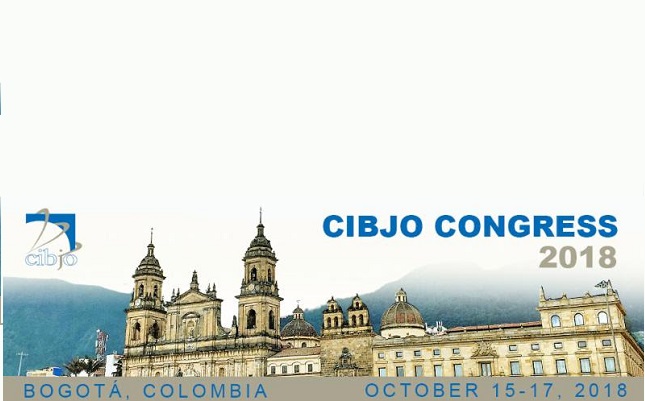CIBJO Releases Colored Stone Commission Special Report
September 05, 18
(IDEX Online) – With fewer than six weeks to go to the opening of the 2018 CIBJO Congress in Bogotá, Colombia, on October 15, 2018, the fourth of the CIBJO commissions' Special Reports has been released.
Prepared by the CIBJO Coloured Stone Commission, headed by Charles Abouchar, the report looks at efforts being taken to promote responsible practices in the sector, while taking into consideration the very different conditions that exist in the colored gemstone industry.
"More than 80 percent of rough colored gemstones that come into the pipeline is produced by tens of thousands of artisanal miners, at a great many small-scale mine sites around the world," wrote Abouchar. "But it is not only the logistical difficulties that make the colored gemstone sector such a tough nut to crack. The potential of an overly cumbersome responsible sourcing system having unintended consequences is also a critical factor. Policies that could economically disadvantage artisanal or small-scale miners, by restricting their ability to be fully involved in the business, could place at risk literally millions of ordinary people whose lives and communities are currently supported by gemstone mining."
Abouchar also outlines a project under way to produce an abridged version of the Coloured Stone Blue Book, which will be easier for retailers and their staff to understand and use. This is in recognition of the fact that, with the growing range and sophistication of gemstone treatments and artificial products, the Blue Book has become increasingly detailed, technical and difficult for the layperson to navigate.
Abouchar also reports on an initiative taken jointly with CIBJO's Gemmological Commission to encourage gemological laboratories to separate scientific results and professional opinions on their reports. "We hope that once gemological laboratories accept this practice, consumers will better understand that parts of a report reflect the opinion of the issuing laboratory, and that such opinions may differ from one laboratory to another," he notes.